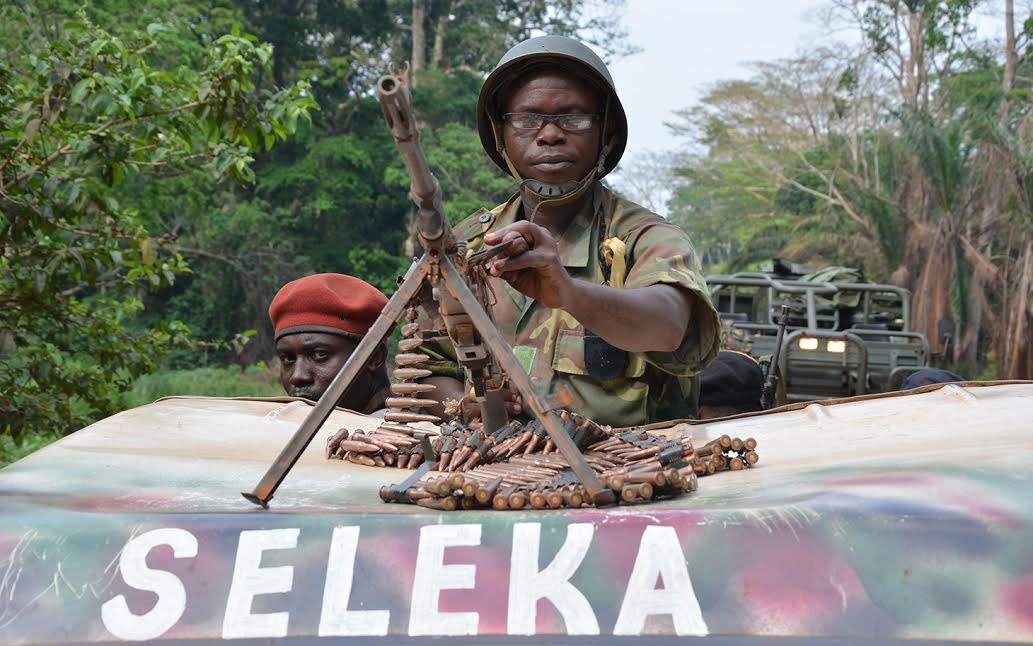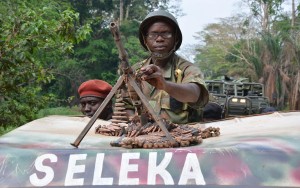
 An agreement in principle has been reached in principle between the Seleka rebels and the anti-balaka militia to end the hostilities that they are carrying out in Central African Republic. Senior representatives of the two groups have been meeting in the Democratic Republic of Congo and Kenya since December 2014 in two parallel talks. The interim government headed by Prime Minister Catherine Samba-Panza is not part of the peace talks.
An agreement in principle has been reached in principle between the Seleka rebels and the anti-balaka militia to end the hostilities that they are carrying out in Central African Republic. Senior representatives of the two groups have been meeting in the Democratic Republic of Congo and Kenya since December 2014 in two parallel talks. The interim government headed by Prime Minister Catherine Samba-Panza is not part of the peace talks.
Kenneth Marende, a former speaker of Kenya’s parliament, who is among the mediators in the peace talks in Kenya, said that the two armed groups have “adopted a ceasefire, a cessation of hostilities, and a DDRR (Disarmament, Demobilization, Rehabilitation and Reintegration) agreement.” He underlined that the agreement remains to be valid only in principle until a formal signing is done by the leaders. A tentative ceasefire was also signed in DR Congo in the past.
The situation in CAR deteriorated after the Muslim Seleka rebels from the north overthrew President Francois Bozize in March 2013. Djotodia was installed as president by the rebels but in January 2014, he stepped down due to international criticisms of failing to control the rebels who were accused of killing, raping and stealing mostly from Christians.
The departure of Djotodia as the country’s first Muslim president led to a chaotic scenario in the country as Christian communities formed the anti-balaka militia and went after Muslims to revenge the atrocities that they suffered during the short control of the government by the rebels.
The violence in the country left thousands of people dead and tens of thousands especially Muslims have been forced to flee to neighboring countries. The U.N has stated that both Seleka and anti-balaka have violated human rights and war crimes during their activities.
